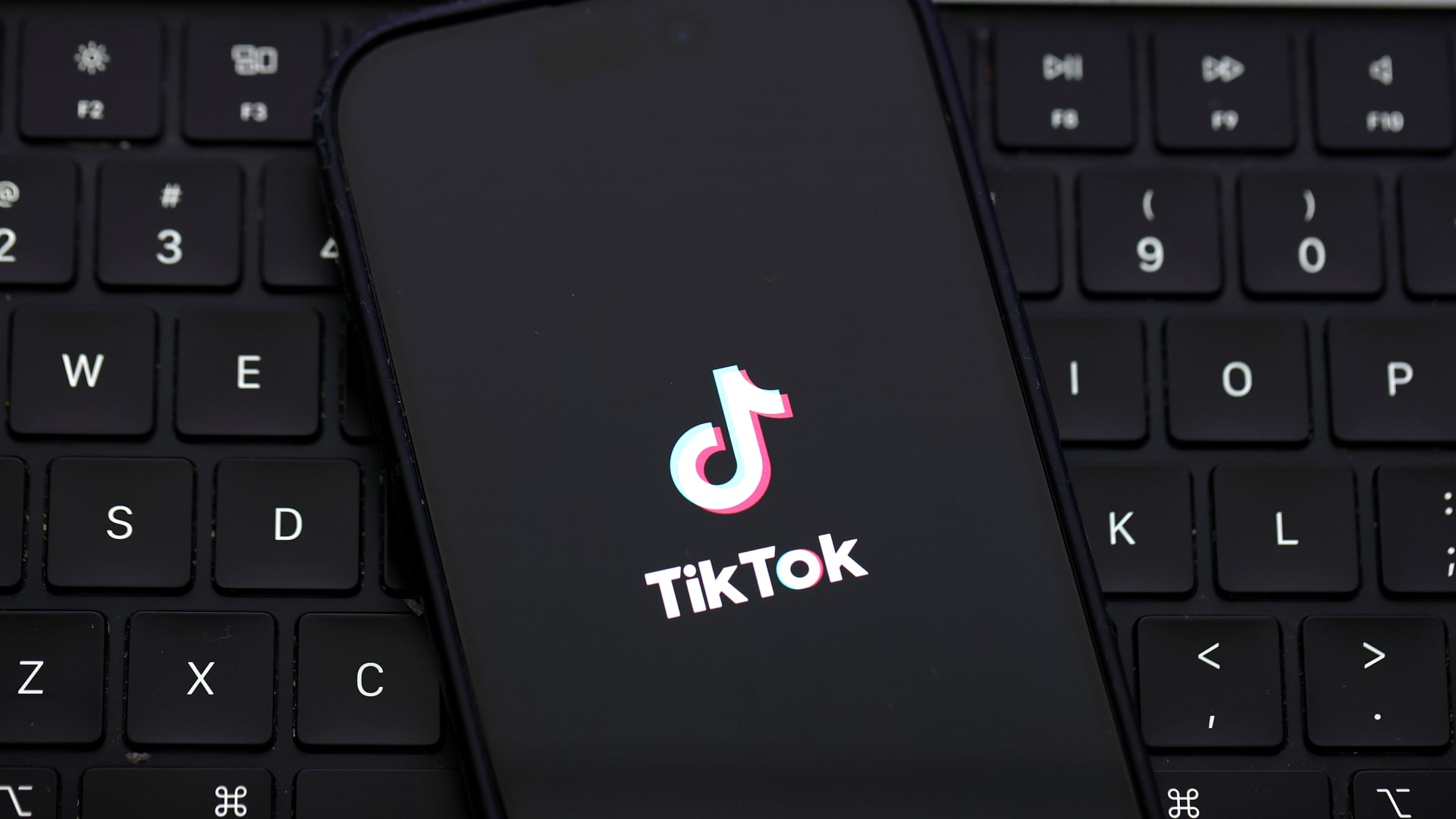Justin Sullivan | Getty Images
Chinese-based ByteDance and its short-video app TikTok on Monday asked an appeals court to temporarily block a law that would require that parent company ByteDance to divest TikTok by Jan. 19 or face a ban, pending a review by the U.S. Supreme Court.
The companies filed the emergency motion with the U.S. Court of Appeals for the District of Columbia, warning that without the order the law will take effect and will “shut down TikTok—one of the nation’s most popular speech platforms—for its more than 170 million domestic monthly users on the eve of a presidential inauguration.”
On Friday, a three-judge panel of the appeals court upheld the law requiring ByteDance to divest TikTok in the United States by early next year or face a ban in just six weeks.
Lawyers for the companies said the prospect the Supreme Court will take the case “and reverse is sufficiently high to warrant the temporary pause needed to create time for further deliberation.”
The companies also noted President-elect Donald Trump has vowed to prevent a ban, arguing the delay “will give the incoming administration time to determine its position — which could moot both the impending harms and the need for Supreme Court review.”
The Justice Department did not immediately comment.
The decision — unless the Supreme Court reverses it — puts TikTok’s fate in the hands of first President Joe Biden on whether to grant a 90-day extension of the Jan. 19 deadline to force a sale and then of Trump, who takes office on Jan. 20. But it is not clear whether ByteDance could meet the heavy burden to show it had made significant progress toward a divestiture needed to trigger the extension.
Trump, who unsuccessfully tried to ban TikTok during his first term in 2020, said before the November presidential election he would not allow the ban on TikTok.
The decision upholds the law that gives the U.S. government sweeping powers to ban other foreign-owned apps that could raise concerns about collection of Americans’ data. In 2020, Trump also tried to ban Tencent-owned WeChat, but was blocked by the courts.
